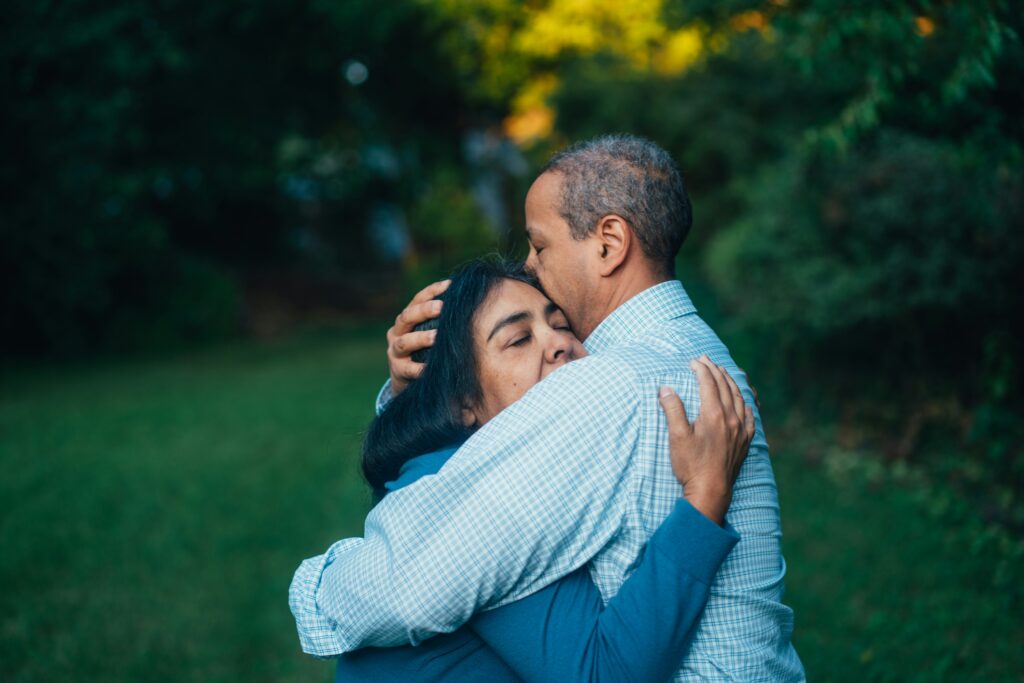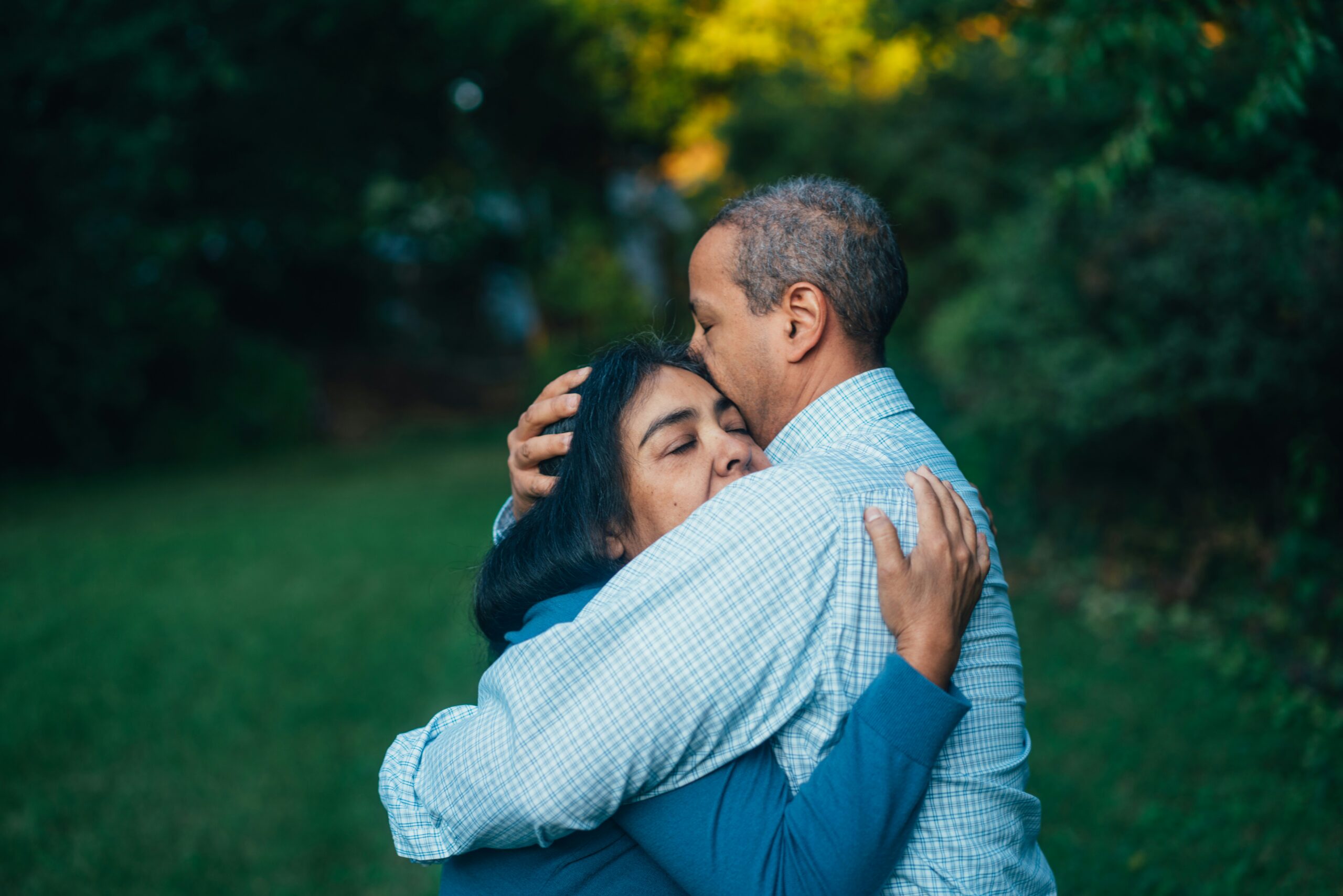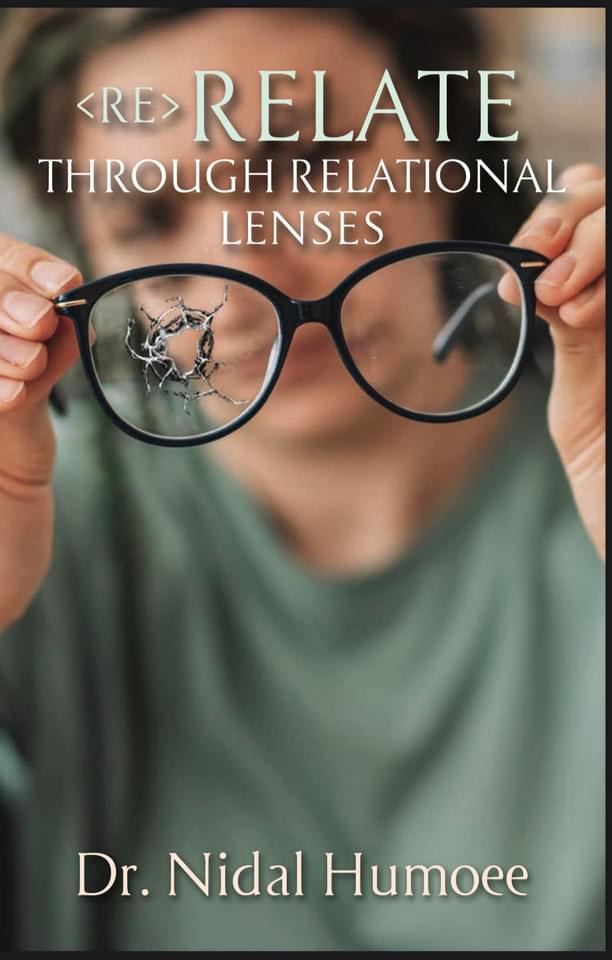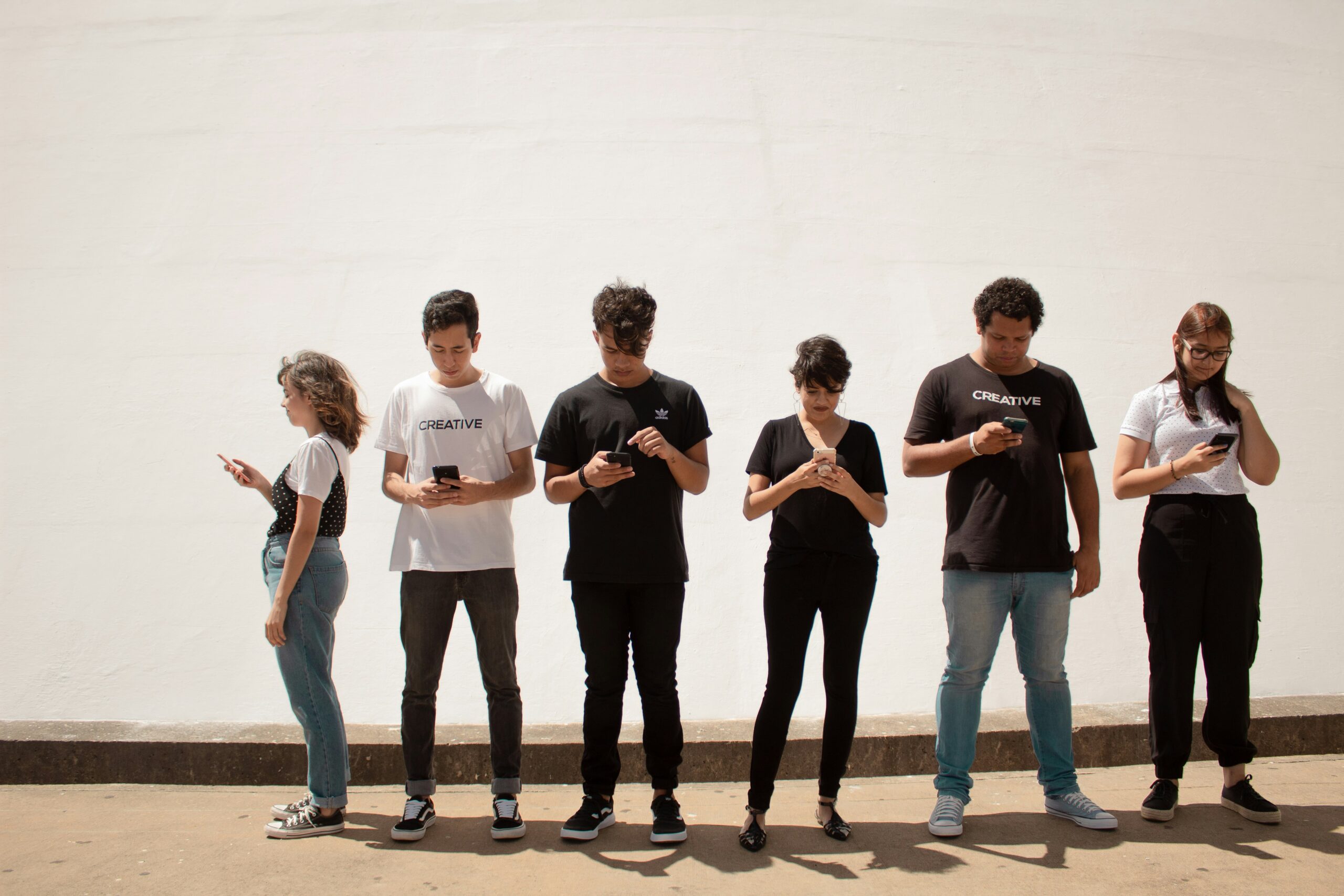
We are instructed to forgive others in the Old Testament Leviticus, 19:18, and the New Testament Matthew 6;14. Forgiveness is loving those who offended us and canceling their debts. It is a deliberate choice that is not begged for or demanded.
We begin to forgive by proclaiming the offender’s worthiness of value and love. This is how God perceives them and, thus, how we ought to perceive them. The Holy Spirit imparts on our mind perceptions of love and worthiness about the offender. We need to agree with them and confess them loudly. It is our agreement with those spiritual truths that frees us from the grip of offensive perceptions. It is the freedom that Jesus explained in John 8;32, “ and you shall know the truth and the truth will set you free.” His truth frees us to do the loving thing.
In the same way, an offense is relational; Forgiveness is too. We obey the love motive and rehearse love for offenders through the lenses of distinctness, authenticity, and levelness.
Through the distinctness lens, we admit our presence during the offense and distinguish our share of how it transpired. We may not discern that others are aggressors or manipulative. Proverbs 18;24. “One who has unreliable friends soon comes to ruin.”. We may have said no to irresponsible requests. It is worth noting that compliance leads us to store frustration and resentment. It causes us eventually to counter trivial offenses with destructive lashing out. Pilate Pontus acted in compliance when he failed to affirm his belief in Jesus’ innocence. His offense was great, and he ended up committing suicide
At first, we may be tempted to condemn offenders. But we had received Jesus’ love and retired our inner judge. Romans 8:1 “Therefore, there is no condemnation on those who are in Christ Jesus.” We want to affirm our decision to forgive daily, even momentarily, and speak it in words. We lean on God and His saints for agape love and encouragement to continue the journey
In relating to offenders as distinct individuals, we recognize that they have a free will and can potentially misuse it. Those who have not healed from their injuries often are the ones who misuse their will to injure others. We hold offenders responsible for their distorted thoughts and emotional outbursts. They are also accountable to the community for the financial and legal consequences of their offenses. Forgiveness does not relieve offenders from their civic responsibilities.
Through the distinctness lens, we won’t withhold forgiveness from offenders until they change their ways. We are powerless to change them. We channel our power to safeguard our hearts and correct our myths.
Recognizing our distinctness, we take ownership of the offense’s emotional impact. We absorb pain, sadness, and shame. We accept the added responsibilities related to healing and recovery. Our flesh will cry out for justice, but this is the time to approach God’s throne for mercy and grace for our burning flesh. Hebrews 4”16. “ Let us then approach God’s throne of grace with confidence so that we may receive mercy and find Grace to help us in our time of need.” We need to remember that God dispenses grace to us through His gracious saints.
We cannot emphasize enough the importance of continually receiving love perceptions. We will reap healed emotions, even if it is a late stop stage in the forgiveness journey.
Forgiving through the authenticity lens, prompts us to give grace to offenders. They still have other virtues that we did not experience. We comprehend how they labor under the burden of wearing their masks. They offend in their pursuit to satisfy secret habits and addictions. Deep down, they are riddled with shame, living in constant fear of being exposed. They are not the stronger or happier people. Through the levelness lens, we approach offending others as worthy of love. We respect their freedom to choose when they relate to us through the disparity lens as their parents or children.







